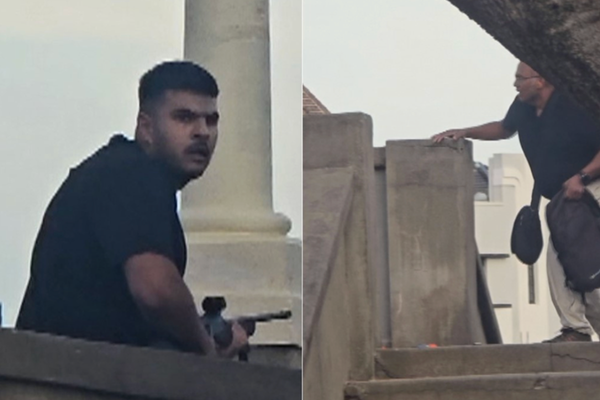
Liz Truss, the foreign secretary, will travel to Brussels on Monday with a target of agreeing a deal with the EU on the post-Brexit arrangements for Northern Ireland by the end of February.
The two sides have agreed that a window of opportunity for an agreement will close when campaigning starts for May’s elections to the Northern Ireland assembly.
Maroš Šefčovič, the EU’s Brexit commissioner, who will host Truss in Brussels on Monday, told MEPs in a private briefing there had been a positive tone to his discussions with the foreign secretary at her official country residence last week. Truss took over responsibility for Brexit issues after David Frost’s resignation in January.
But for all that Truss had expressed confidence she would be able to build momentum in favour of a deal, Šefčovič said there was as yet no sign of a change in the UK’s negotiating positions.
Sources said the commissioner had been “surprised and concerned” that Truss had regurgitated Frost’s demands for a dispute system similar to that within the trade deal, the complete removal of checks on goods from Great Britain destined for Northern Ireland, and a rethink on the current system of EU approval of subsidies, known in Brussels as state aid.
Šefčovič had reiterated that the thorough overhaul of the current protocol, which keeps Northern Ireland in the single market for goods and draws a customs border down the Irish sea, was not possible. He told MEPs the EU had also shown it could speed up its approval system for state-aid notifications.
Despite these concerns, intensive talks have been continuing this week between the two sides, with concerns the protocol could become a political talking point in the Northern Ireland assembly elections.
Šefčovič told MEPs it was unclear how the current scandal over lockdown-breaking parties in Downing Street and a potential leadership election could affect the negotiation.
He said progress would depend on whether Truss wished to cause a breakdown for political purposes or build on her reputation as a “deal-maker” after her time as trade secretary.
There was, Šefčovič said, growing support in Northern Ireland for the protocol. The EU has proposed reducing health and safety checks on meat, plant and dairy products by half and customs checks by 80% but Brussels is willing to go further by ensuring that other paperwork could be done via electronic communications to reduce red tape.
A big complaint within the unionist community is that the protocol has hindered trade between Northern Ireland and the rest of the UK. Sir Jeffrey Donaldson, the leader of the Democratic Unionist party, has threatened to withdraw his party’s ministers from the Stormont executive if the UK government does not swiftly negotiate new arrangements with the EU.
The latest numbers from Ireland’s Central Statistics Office show that the value of goods imported from Great Britain fell by almost £2.75bn from January to November last year.
Šefčovič said the UK was yet to accept the logic of the EU proposals but that the level of access to British IT databases was improving. He told MEPs he did not expect the UK to trigger article 16, the clause that would see parts of the current arrangements in Northern Ireland suspended.







